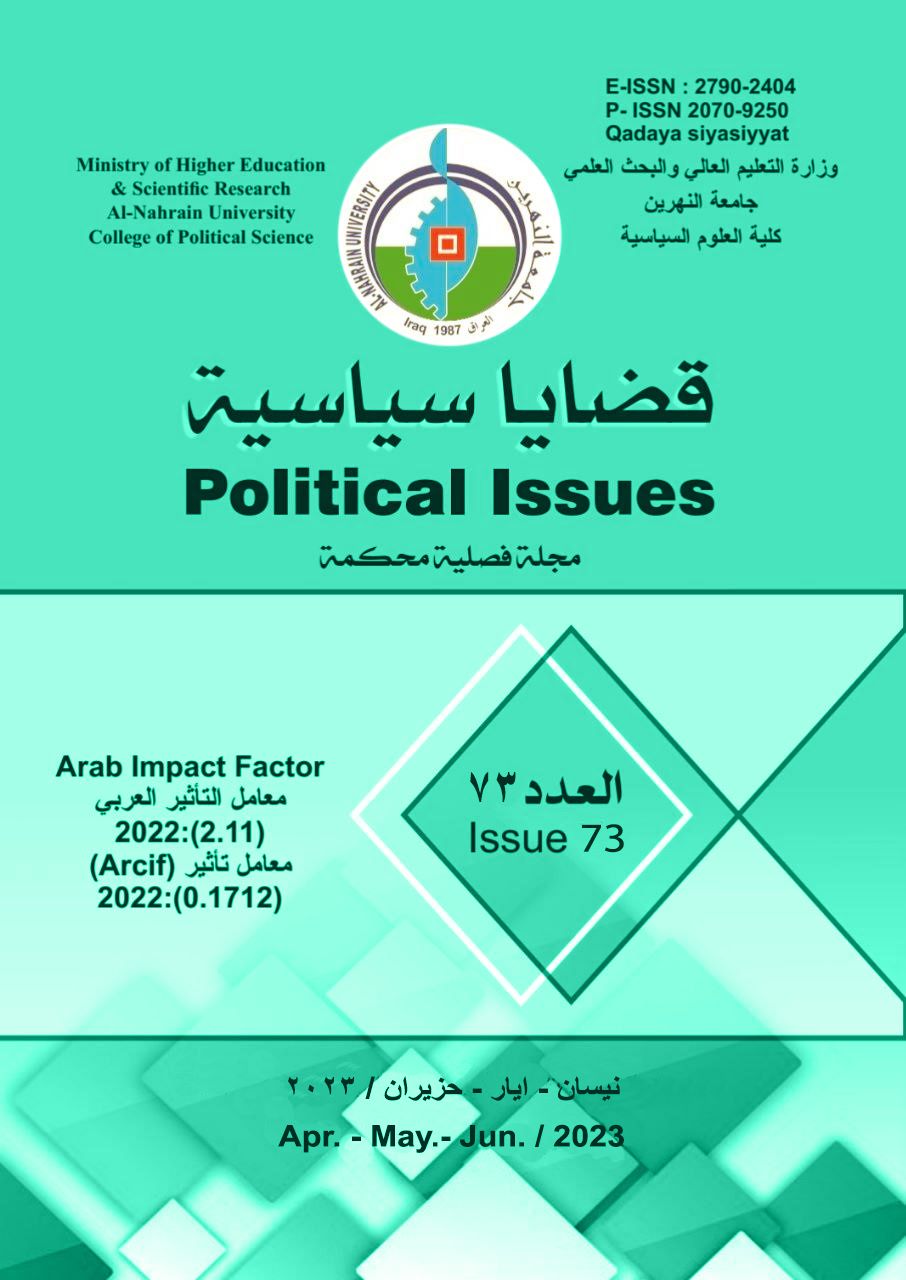Faili Kurds: Ambiguous Citizenship and Alienated Nationality
DOI:
https://doi.org/10.58298/732023384Keywords:
Iraqi Law, International law, Faili Kurds, CitizenshipAbstract
The research dealt with the problem and problematic matter of the Faili Kurds in the light of two basic issues: nationality and citizenship, and this attributes to the interrelationship between these two issues with the essence of human rights.
The two problems have persisted in Iraq since the establishment of the Iraqi state and the enthronement of Prince Faisal the first as the King of Iraq on August 23, 1921 and until today, especially with the legislation of the first Iraqi nationality law in 1924.
This was before the enacting of the Iraqi Constitution (Basic Law), which was issued in 1925 and established two degrees of nationality, (A) from Ottoman affiliation, and (B) from non-Ottoman affiliation, and it required a certificate of nationality.
And if the problem of nationality and citizenship began in the royal era, it exacerbated in the republican one. The intensification of the political conflict, and the issuance of the second nationality law in 1963, set new restrictions on obtaining nationality, including the approval of the Minister of Interior, which had a negative impact on the Faili Kurds.
the Faili Kurds are the most targeted group. Many decisions of the Revolutionary Command Council were also issued during the seventies, but the most dangerous and strange one was Resolution number (666), May 7, 1980, according to which tens of thousands of Faili Kurds were displaced under the pretext of Iranian affiliation and it continued through the Iraqi - Iranian war (1980-1988).
Additional Files
Published
Issue
Section
License

This work is licensed under a Creative Commons Attribution 4.0 International License.
This is an Open Access article distributed under the terms of the creative commons attribution (CC BY) 4.0 international license which permits unrestricted use, distribution, and reproduction in any medium or format, and to alter, transform, or build upon the material, including for commercial use, providing the original author is credited.



